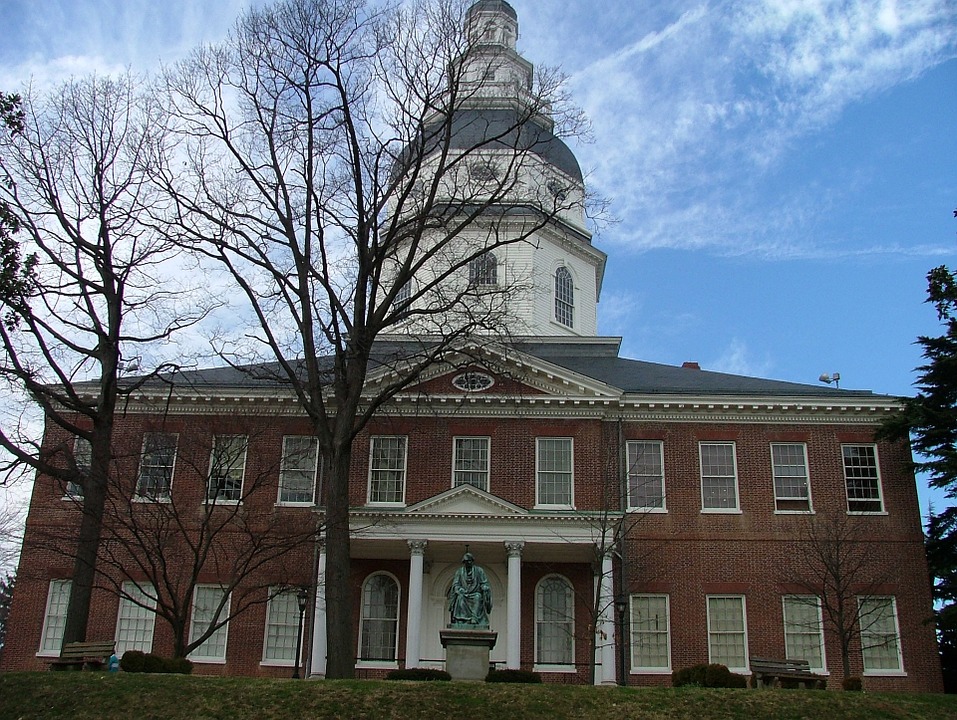The Maryland Senate voted 31-13 Thursday to approve the Strategic Partnership Act of 2016, which would codify and expand existing partnerships between the University of Maryland, College Park and University of Maryland, Baltimore.
The vote came one day after the House of Delegates approved the House Appropriation Committee’s amendments in a 94-44 vote.
The bill, which lawmakers first introduced in the Senate on Feb. 18, now awaits approval from Gov. Larry Hogan (R).
The proposed legislation would strengthen the existing partnership between this campus and the University of Maryland, Baltimore, essentially tying this campus’s undergraduate programs to UMB’s professional schools, including law, medicine, pharmacy and dental programs.
“This is a great win for the state of higher education in Maryland,” said Sen. Bill Ferguson (D-Baltimore), a sponsor of the bill. “The strategic alliance bill will enable the University of Maryland to compete ever more fiercely in a globalized world with two strong campuses working towards the economy of tomorrow.”
The fiscal and policy note for the bill, created by the Department of Legislative Services, estimates the bill will cost $4.5 million in fiscal 2017 and up to $36.9 million by 2021. Hogan has not yet taken a public position on this legislation, but Matthew A. Clark, a spokesman for the governor, told The Baltimore Sun that they are “reviewing the final version of the bill.”
In discussions in both chambers, lawmakers addressed hesitation from stakeholders concerned about the autonomy of the University of Maryland, Baltimore campus and the impacts on Baltimore City and other schools in the University System of Maryland with a series of amendments from both the House and Senate.
Legislators removed the “merger” language from the bill’s text, added increased funding for other system schools — including Towson University and the University of Maryland, Baltimore County — and took away the potential for one president for both campuses, should one president step down.
Student Government Association President Patrick Ronk said the relatively quick progression of the bill is a testament to its significance.
“For a bill to go through in the first [year], to have all that conversation and that scrutiny and that public discourse … is really rare, and I think it speaks to how important this bill is,” he said.
In his experience, Ronk said, bills usually take about three years to pass in Annapolis.
The Senate made amendments to the bill March 10 before sending it to the House of Delegates for additional amendments and a vote.
“A bunch of stakeholders brought up valid concerns and the bill addressed them,” Ronk said. “It was a really good amendment process.”
University President Wallace Loh said this plan to revitalize the university should not “depend on where you sleep” and that he didn’t think the 31 miles between the campuses “should be a barrier to closer collaboration.”
The bill’s language also specifies that the UMB professional school facilities will not be relocated outside the city and requires the two campuses to prioritize community development in the areas of “health care, housing and development, transportation, public safety, public education and sustainability.”
“This is a great step forward for the University of Maryland and for the communities in College Park and Baltimore City, where these two anchor institutions can continue to thrive,” Ferguson said.
Senior staff writer Darcy Costello contributed to this report.



